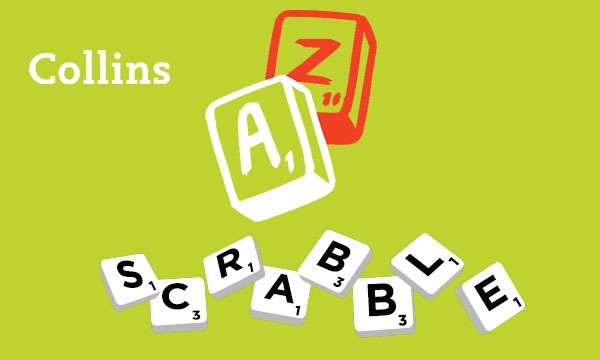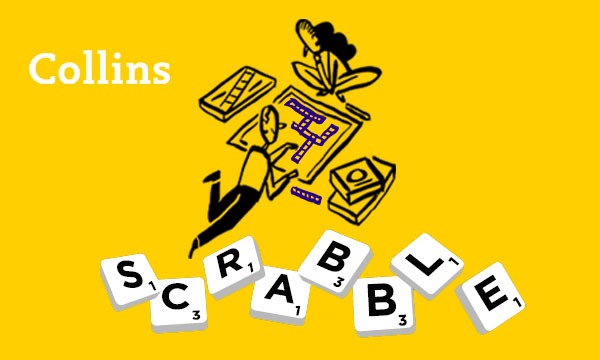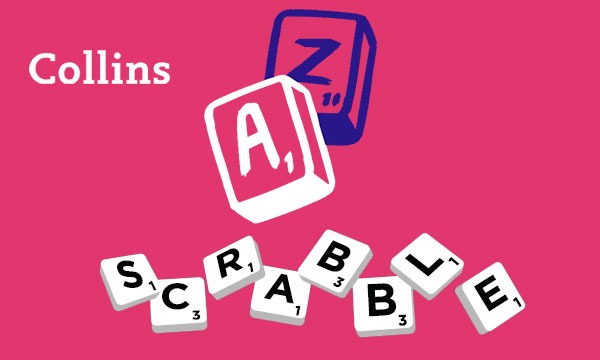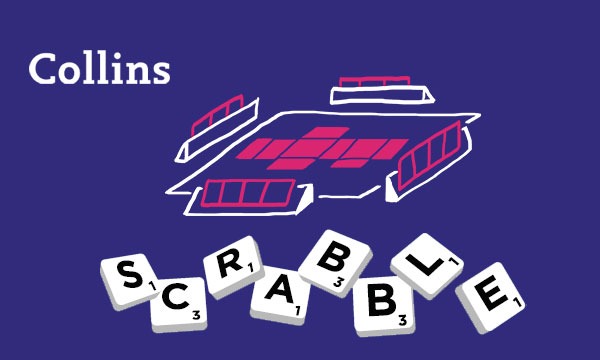If you can fit two or more anagrams on the board, then you can look at other factors to decide which to play.
Score: Does one hit a double- or triple-word square, or get a higher-scoring tile on a double- or triple-letter square?
Vowel position: Does one put a vowel next to a premium square, especially a triple-letter or triple-word square, enabling your opponent to possibly get a big score with a power tile (J, Q, X or Z)?
Hooks: If your word goes across and ends in, say, the second-last column, your opponent could hit a triple-word square if they can put a letter after your word. So BEEFIER could be better than FREEBIE because you can’t put any letters after it, whereas you can put an S after FREEBIE.
By Barry Grossman
Barry is a leading UK Scrabble player and winner of several tournaments. He is the author of Scrabble for Beginners (Chambers), Need to Know Scrabble, Scrabble – Play to Win and The Little Book of Scrabble Trickster. He has also contributed to numerous other books on the subject of words and word-games, has been a series champion of Channel 4’s Countdown, and has written four comedy series for BBC Radio 4. He lives in Hertford.
All opinions expressed on this blog are those of the individual writers, and do not necessarily reflect the opinions or policies of Collins, or its parent company, HarperCollins.



